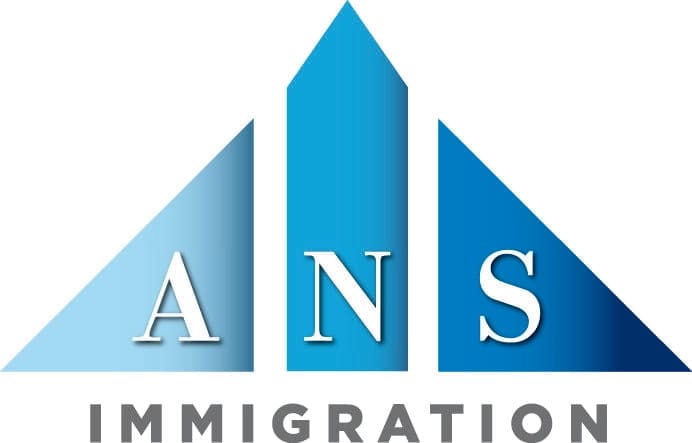According to new research, up to 95 percent of UK employers risk having their Tier 5 or Tier 2 sponsorship licence revoked because they are unaware of serious sanctions that exist for failing to adhere to strict ‘right to work’ rules for overseas workers.
A survey of 1,000 businesses, which currently hold a Tier 5 or Tier 2 sponsorship licence to hire non-EU workers, revealed that 53 percent of UK employers thought that fines for employing illegal staff amounted to just £50 per worker. In fact, fines can be up to £20,000 per illegal employee, while company directors could be handed a 5-year prison sentence.
Less than 50 percent of UK employers surveyed knew what documents needed to be kept on file for sponsored overseas employees. Meanwhile, a staggering 96 percent of company sponsors did not report changes in circumstances for sponsored workers to the Home Office.
The research, commissioned by Migrate UK, found that only 7 per cent of UK companies surveyed were advertising vacancies correctly. As Brexit looms, it’s expected that UK employers will seek to recruit non-EU personnel to fill likely skills gaps. However, many are failing to undertake sufficient internal compliance checks as sponsors of overseas staff.
UK Immigration Act 2016
The Government’s UK Immigration Act, 2016, introduced more severe punishments for those failing to adhere to the new rules, including ‘on the spot’ business closures and jail terms for company directors.
Employers that hire non-EU workers are required to hold information on record concerning foreign employee attendance and absence, proof of a resident labour market test – demonstrating why they would find it difficult to recruit a UK worker for a particular job vacancy – professional accreditations, plus payslips for overseas personnel.
According to the research, at least 38 per cent of the 1,000 companies surveyed require training on the paperwork needed for non-UK employees or those from outside the European Economic Area (EEA), to meet stringent Home Office compliance rules.
What’s worrying is that the research is merely the tip of the iceberg. 1,000 companies is a tiny fraction of those who run the risk of having a Tier 5 or Tier 2 sponsorship licence revoked as a result of compliance issues.
Recruitment challenges
Too many UK employers are ‘walking a tightrope’ towards the challenges ahead. Come Friday, 29 March, 2019 – the scheduled date for the finalisation of Britain’s exit from the European Union – a new UK immigration system will be in place that will see the free movement of people between the EU and the UK, end.
As a result, it’s expected that EEA citizens will require entry clearance to live and work in the UK, and sponsorship is considered the most likely scenario. UK employers are being warned that licence revocation post-Brexit could prove disastrous, adding to increasing skills shortages.
UK companies seeking to retain EU and non-EU personnel need to be prepared for the post-Brexit era. Employers should brief their HR department, informing them that files should be kept for all foreign workers, and should contain the birth certificate and passport information.
Internal audits are a must to ascertain that all paperwork is in place in view of a potential Home Office visit. Meanwhile, employers can notify foreign personnel that although their status has not altered, they are eligible to apply for a Registration Certificate of Permanent Residence, should they wish to safeguard their future in Britain.
Tier 2 visa sponsor licence audits
As the Government targets reduced levels of migration to the UK, the Home Office has increased the number of unannounced audits at the workplaces of employers sponsoring Tier 2 visa holders.
Most companies can expect to be audited every four years, but those businesses where severe concerns were raised following a previous Home Office audit can expect visits to be more frequent.
Is your company compliant?
If you’re unsure whether you’re company is sponsor licence compliant, get in touch with Ash Norton Solicitors today and speak to our business immigration experts.

